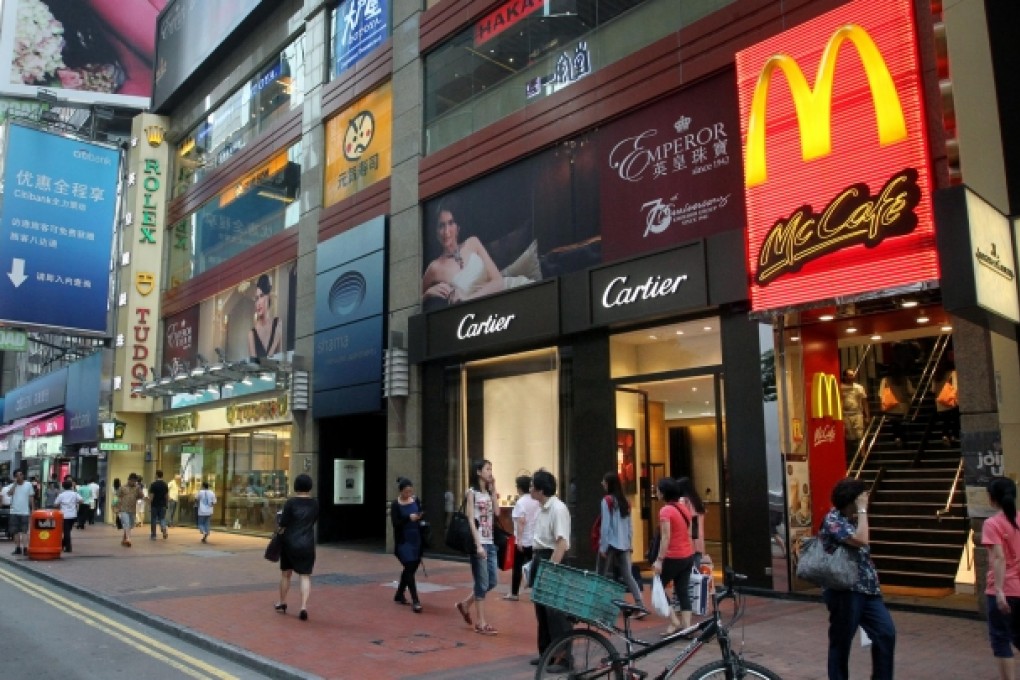Letters to the Editor, July 11, 2013
I refer to Alex Lo's column. I agree with him that procedural democracy is not the panacea for everything. However, it is still a basic precondition for an improvement of the present system.

I agree with him that procedural democracy is not the panacea for everything. However, it is still a basic precondition for an improvement of the present system, especially if democracy is not narrowly defined as periodic elections but also includes greater social equality. Without democracy there is little hope the present situation will change. All the countries Lo refers to as sites of protests lack an important aspect of democracy - the need for social redistribution.
Instead, the role model should be social democracies in western Europe, especially, for example, Norway, Sweden, Denmark and, to a certain degree, Germany. These countries have not yet seen the massive protests mentioned by Lo because wealth is more evenly distributed. Of course, the unfair distribution globally has also put these countries under pressure.
Hong Kong's ruling elites are worried about democracy because they feel it could reduce the competitiveness of the city.
Democratisation could do this only if poorer sections of the population went to the polls on a one-man, one-vote basis and believing they could make changes. In general, this transformation will be very painful, especially for the wealthy.
They will try to resist as much as possible and that's why any kind of democratic procedures are likely to be biased in favour of the establishment. Democracy can only solve problems if it is true qualitative democracy and not an elitist system that favours the rich.
